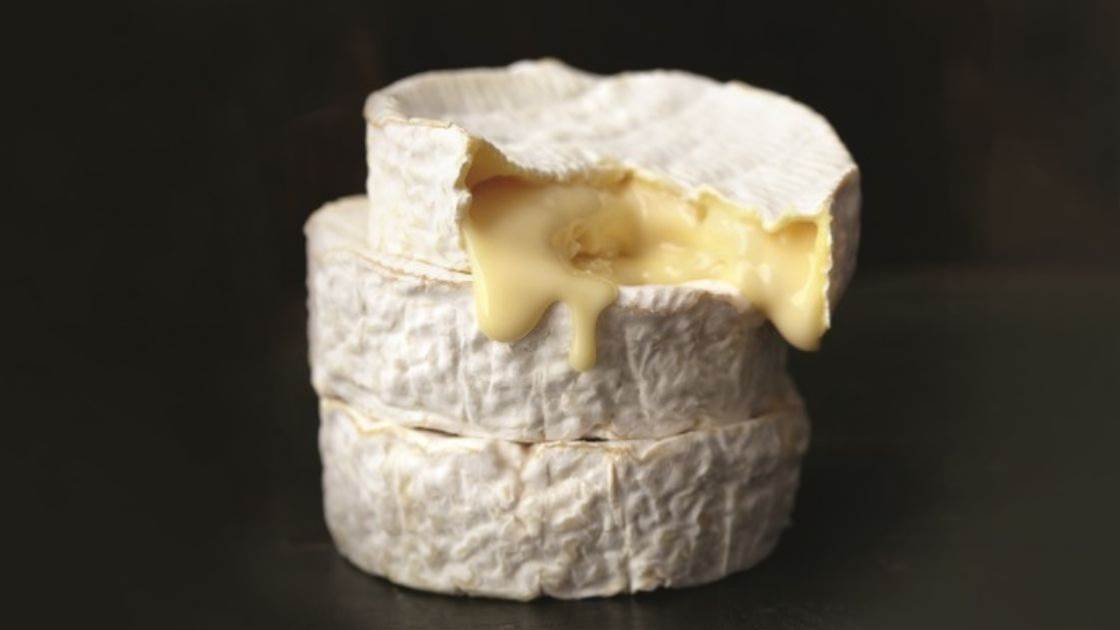New research suggests that eating cheese may help keep your mind sharp as you age.
The Iowa State University study, published in the Journal of Alzheimer's Disease, is a first-of-its-kind large scale analysis that connects specific foods to later-in-life cognitive acuity.
It was spearheaded by principal investigator, Auriel Willette, an assistant professor in Food Science and Human Nutrition, and Brandon Klinedinst, a Neuroscience PhD candidate working in the Food Science and Human Nutrition department at Iowa State.
Willette, Klinedinst and their team analysed data collected from 1787 adults (aged from 46 to 77, at the completion of the study) in the United Kingdom.
Participants completed a Fluid Intelligence Test (FIT) between 2006 and 2010 and then in two follow-up assessments (conducted from 2012 through 2013 and again between 2015 and 2016). The FIT analysis provides an in-time snapshot of an individual's ability to "think on the fly."
Participants were asked about their intake of fresh fruit, dried fruit, raw vegetables and salad, cooked vegetables, oily fish, lean fish, processed meat, poultry, beef, lamb, pork, cheese, bread and cereal.
Cheese, by far, was shown to be the most protective food against age-related cognitive problems, even late into life.
Klinedinst said: "Depending on the genetic factors you carry, some individuals seem to be more protected from the effects of Alzheimers, while other seem to be at greater risk. That said, I believe the right food choices can prevent the disease and cognitive decline altogether. Perhaps the silver bullet we're looking for is upgrading how we eat. Knowing what that entails contributes to a better understanding of Alzheimer's and putting this disease in a reverse trajectory."
Although the researchers aren’t sure what’s behind cheese’s brain power, they said daily (but moderate) consumption of it may have a direct impact on our cognitive acuity in our later years.
Brie-lliant!









